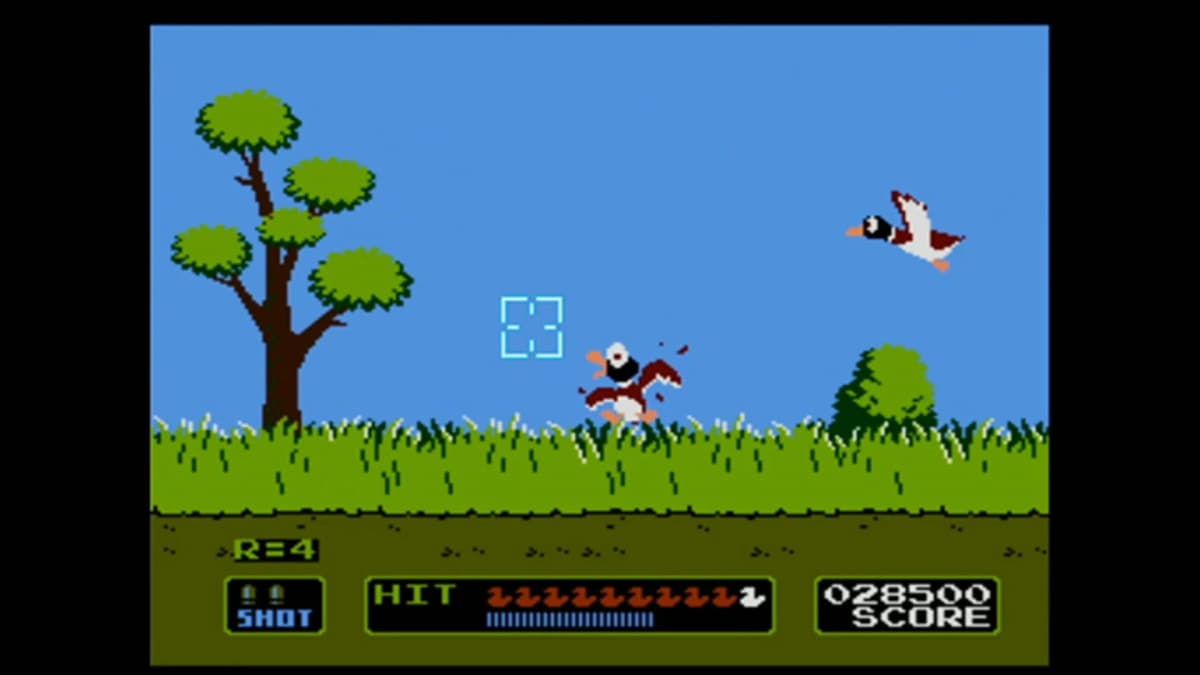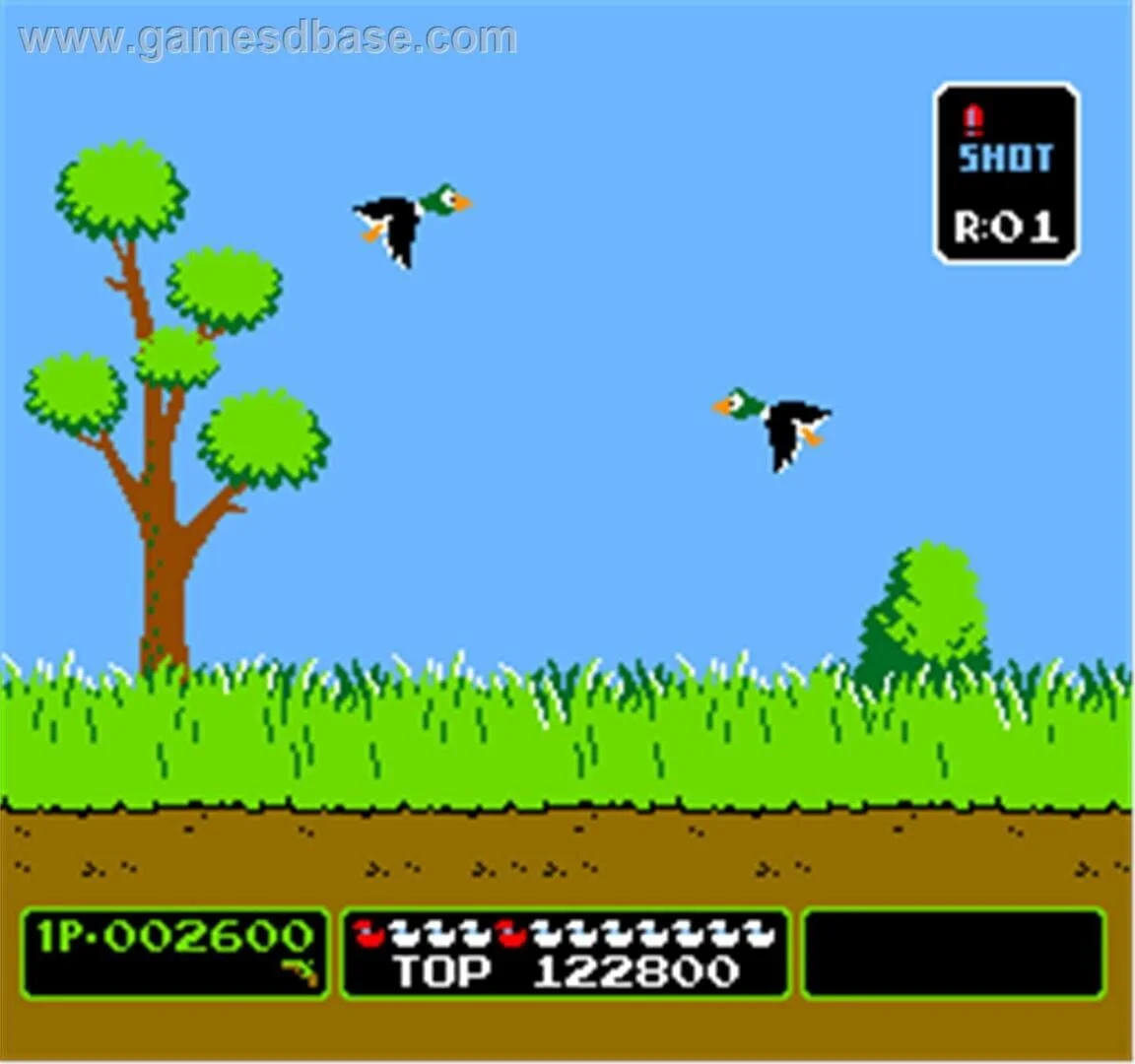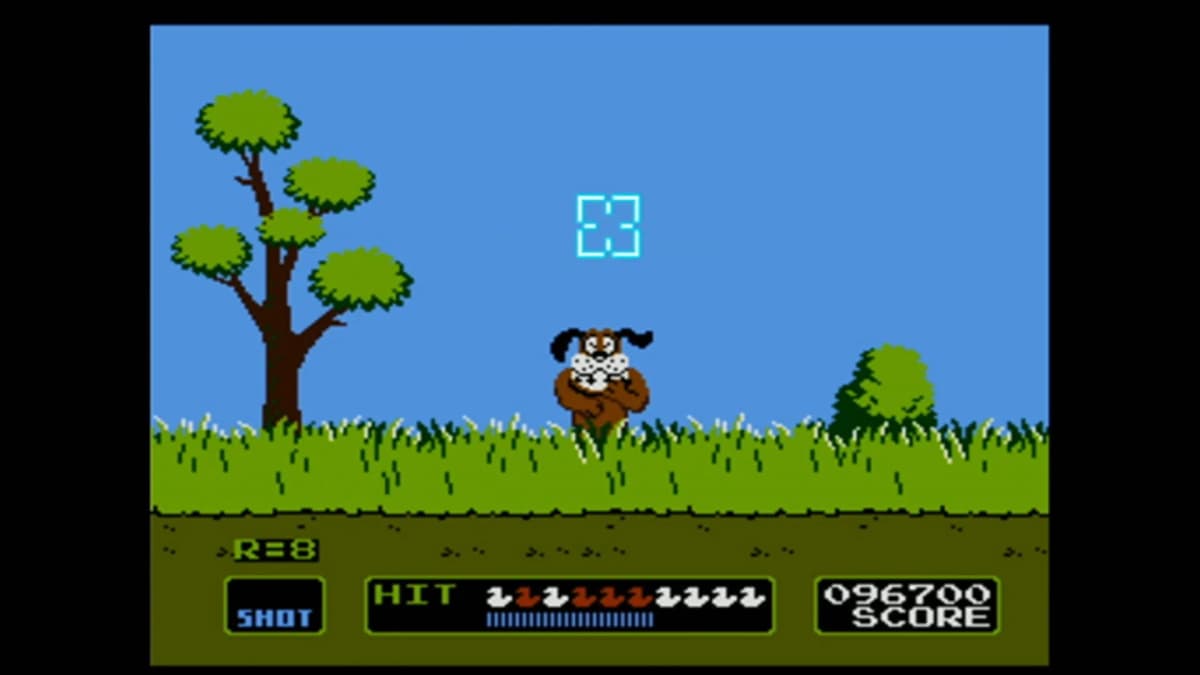Introduction
Often hailed as one of Nintendo’s most enduring early hits, Duck Hunt is remembered for its light gun action, mischievous canine, and deceptively simple challenge. Yet amid its straightforward gameplay lies a seldom-used feature: a two-player mode that transforms the lone shooter into a head-to-head contest.
Unearthing the Hidden Two-Player Mode
Long buried in the original Duck Hunt manual is a note about plugging a standard NES controller into port 2 to take control of the ducks. Until a recent wave of social media posts and fan discussions spotlighted the feature, most players assumed the ducks moved at random. In reality, a second player can pilot each bird’s flight path, introducing a skill-based adversary rather than mere programmed trajectories.

Historical Context and Design Philosophy
Developed by Nintendo R&D1 and first bundled with the NES, Duck Hunt served to showcase the Zapper peripheral. While its core appeal lay in responsive light-gun shooting, designers also embedded hidden mechanics to reward experimentation. This approach—providing undocumented secrets that emerge only through manual-reading or word of mouth—was characteristic of late-’80s Nintendo, encouraging replay long after initial release.
Gameplay Impact and Competitive Dynamics
Introducing a human opponent behind the duck’s controls elevates Duck Hunt from a reflex test to an interactive duel. Player 2 can weave erratic patterns, forcing sharper aim, strategic reload timing, and split-second adjustments from the shooter. This dynamic reshapes level pacing: what was once a predictable series of bird behaviors becomes an evolving contest of wits and timing.

Accessing the Hidden Mode
According to the original documentation, simply connect a NES controller to port 2 and power up Duck Hunt alongside the Zapper. While the precise button sequence may vary by region or cartridge revision, collectors and emulation communities have assembled detailed setup guides. Readers are encouraged to consult official manuals or trusted fan archives for step-by-step instructions.

Conclusion
This rediscovered two-player option underscores why Duck Hunt remains a landmark in game design. By blending a playful easter egg with accessible mechanics, Nintendo transformed a simple shooter into a surprisingly deep multiplayer experience. For retro enthusiasts and new players alike, revisiting Duck Hunt now offers more than nostalgia—it delivers a fresh perspective on how hidden design choices can redefine a classic.